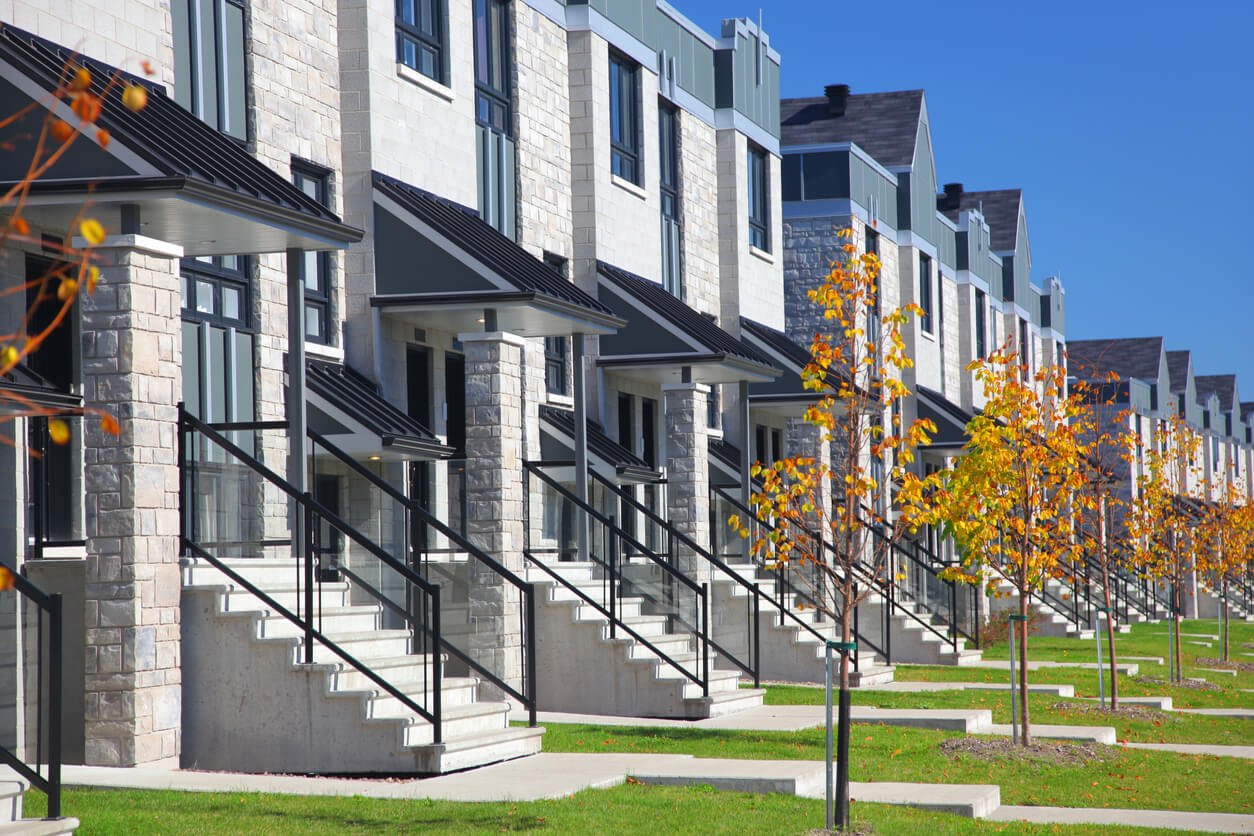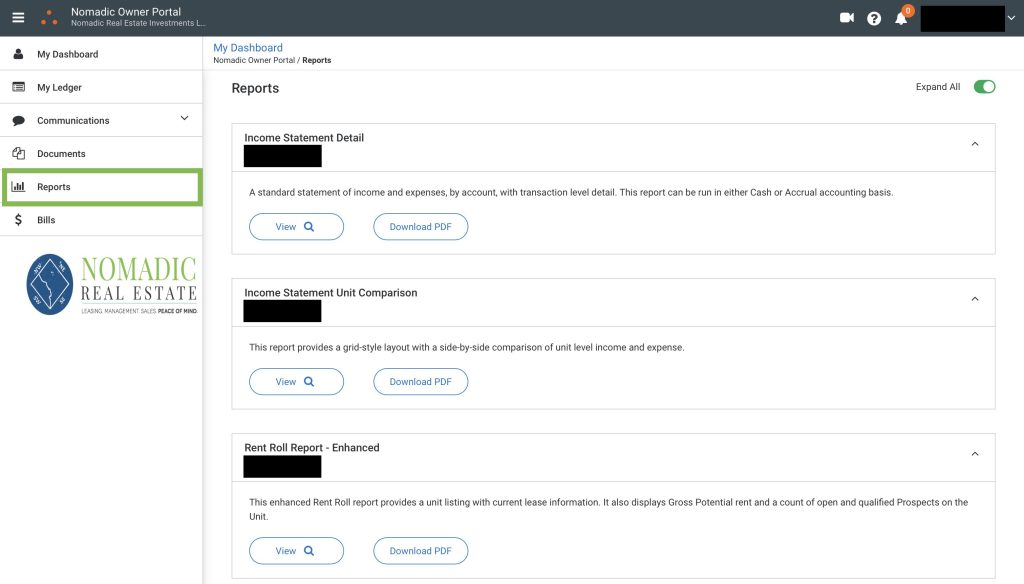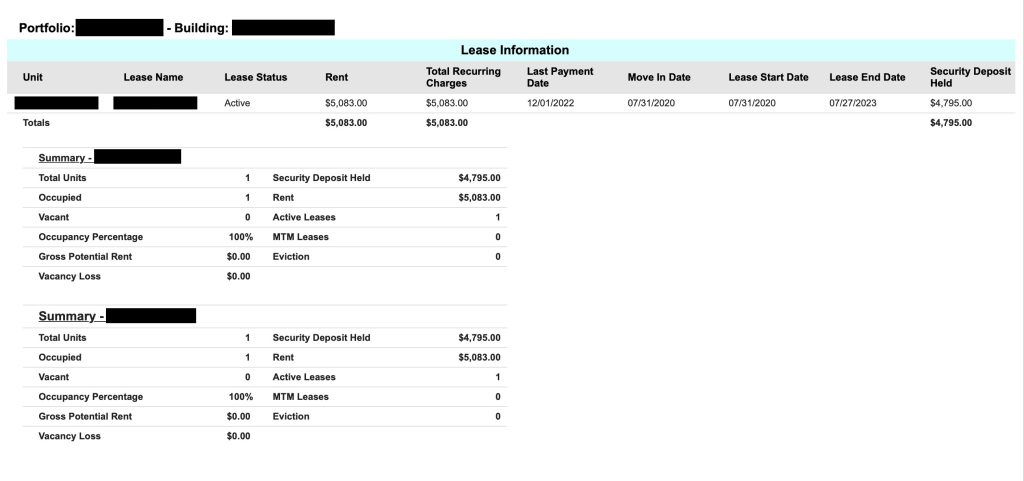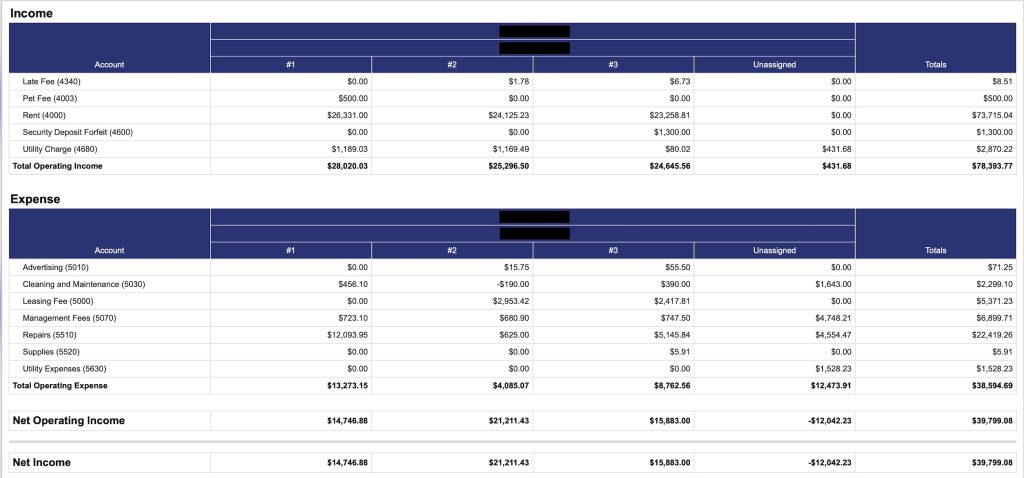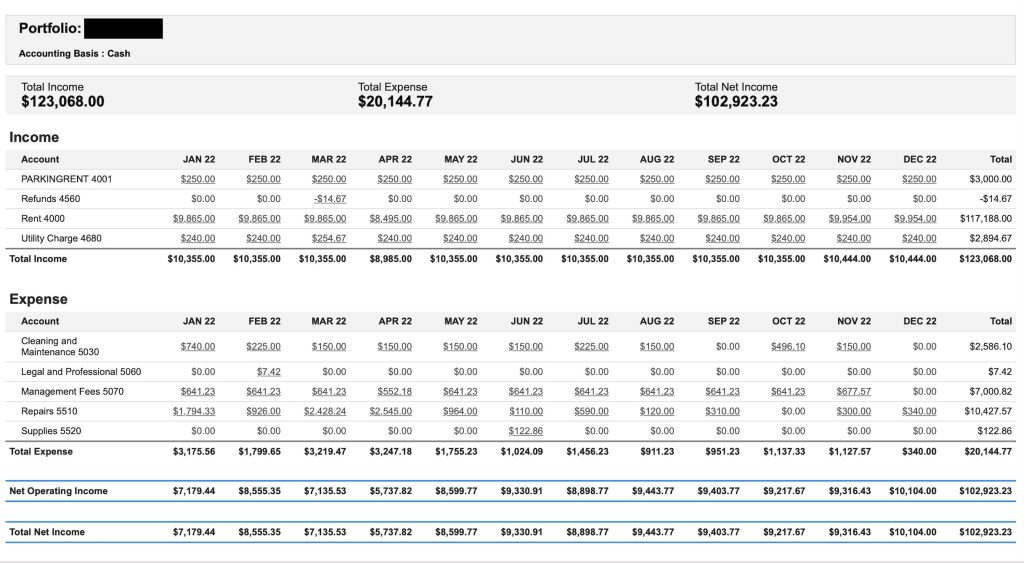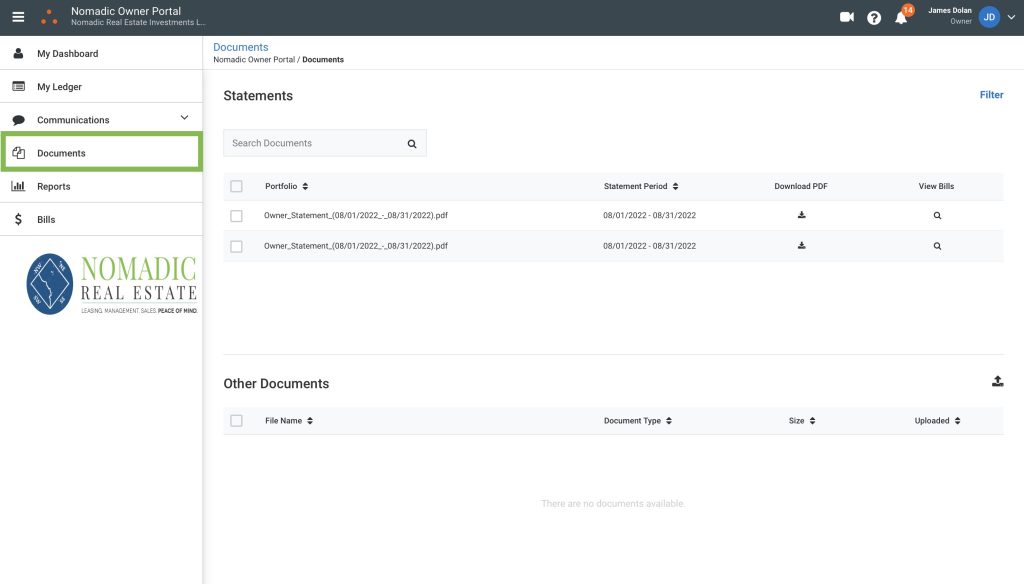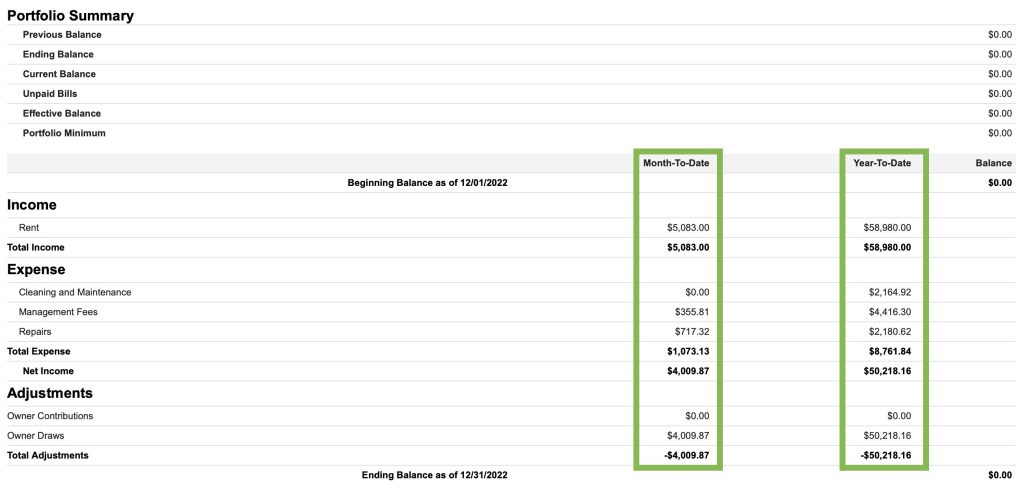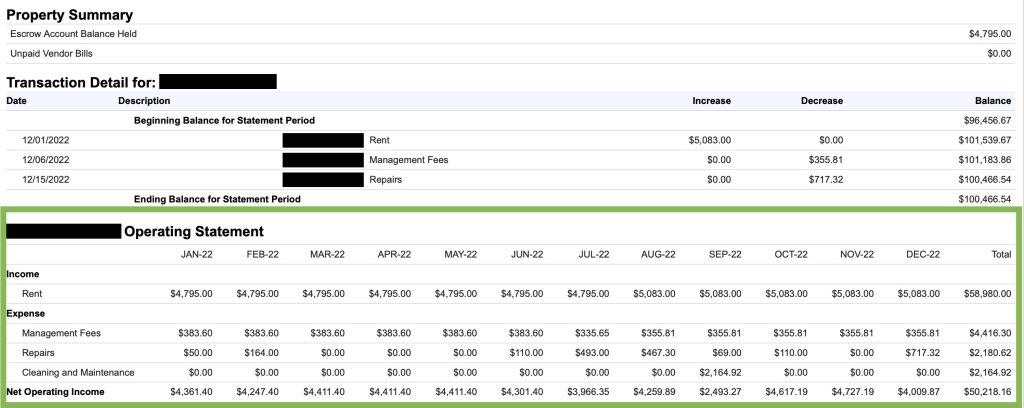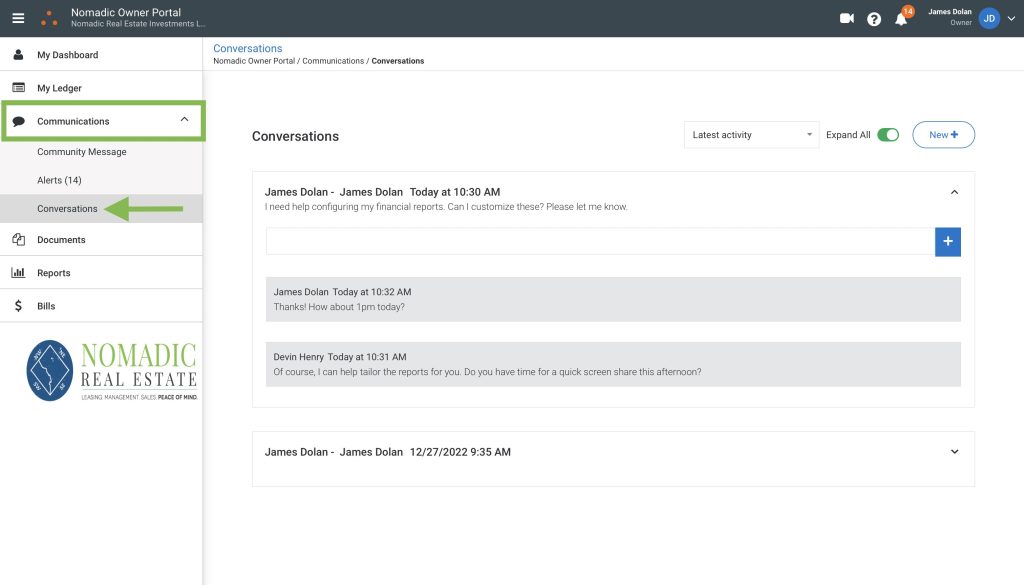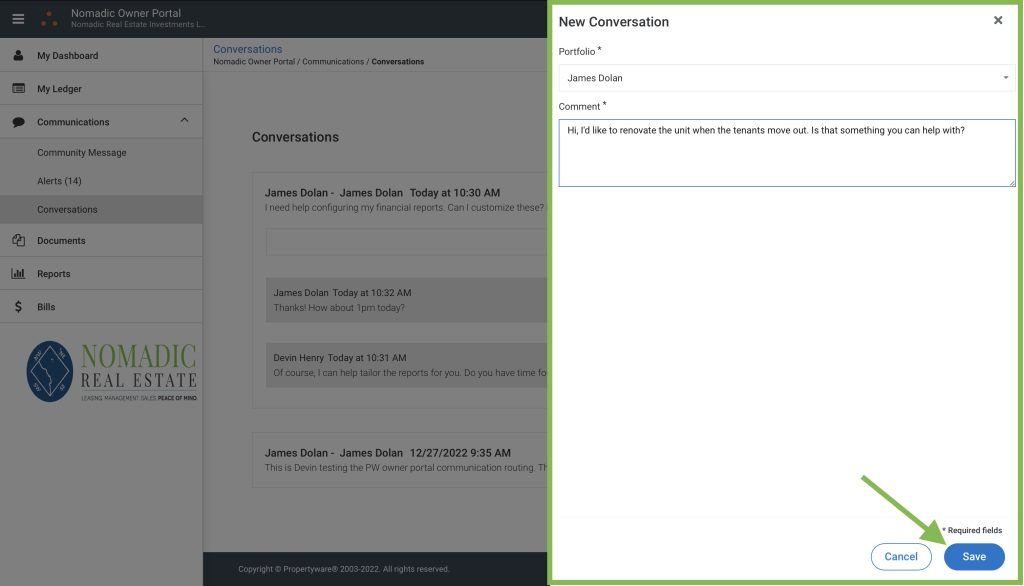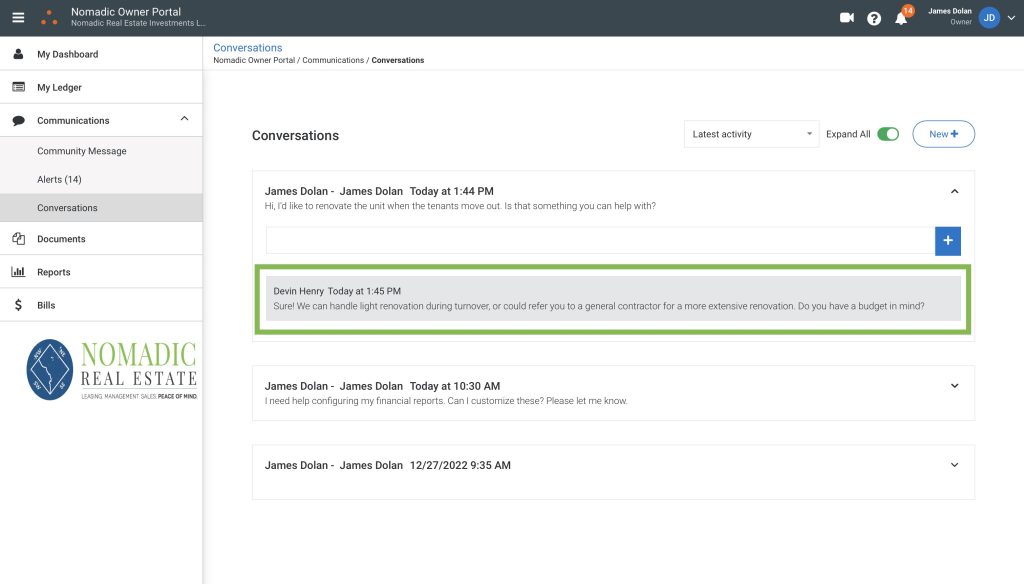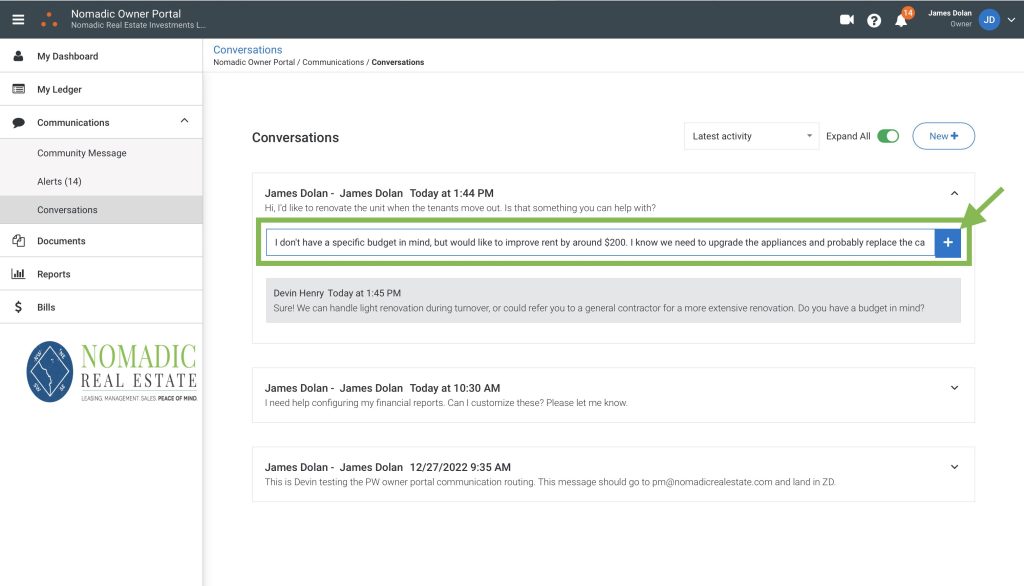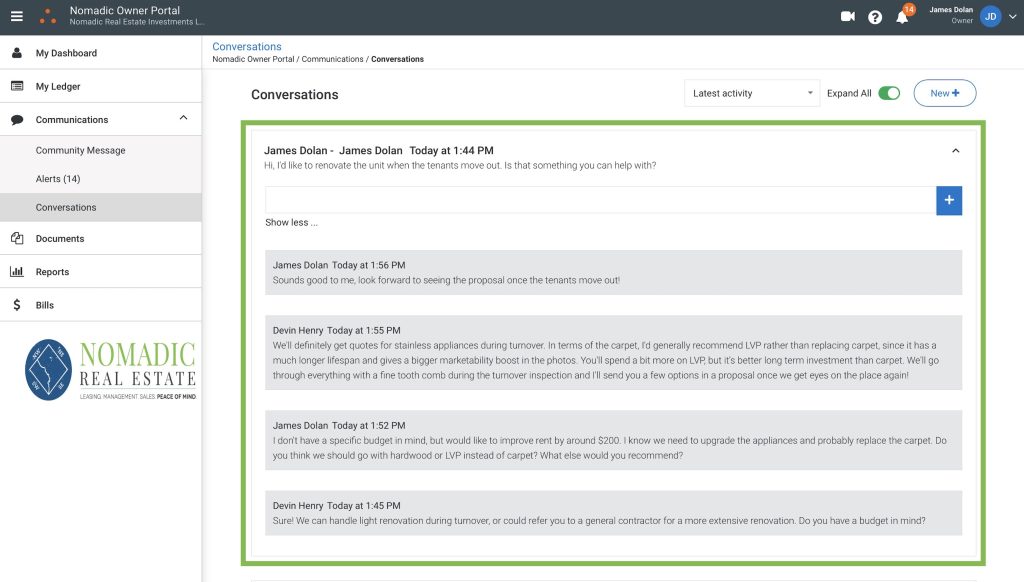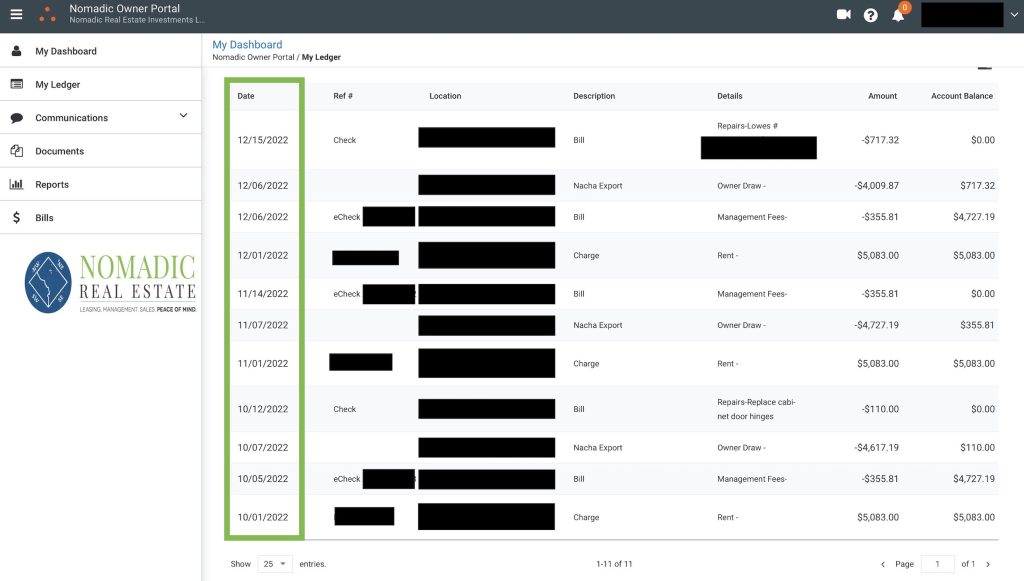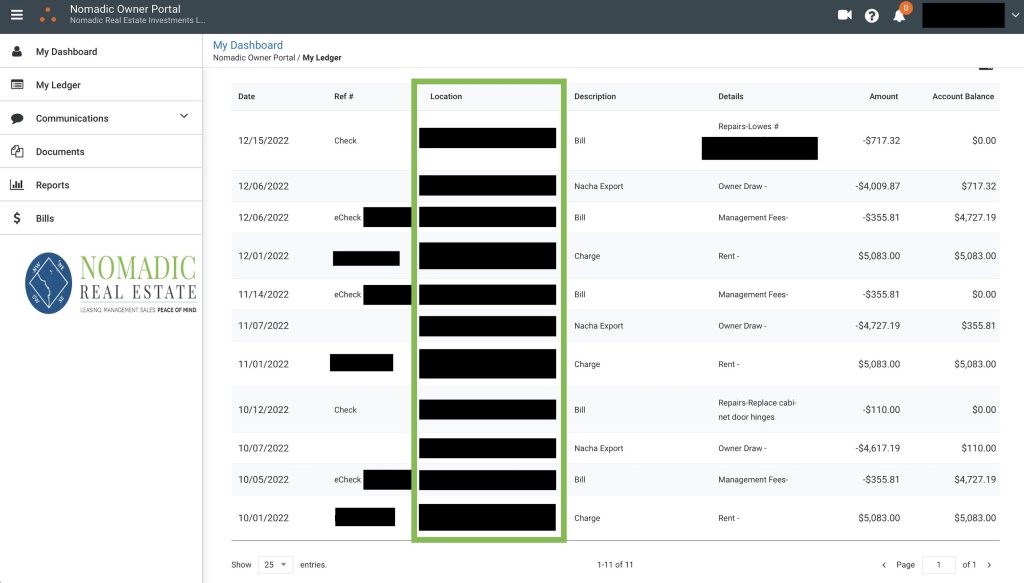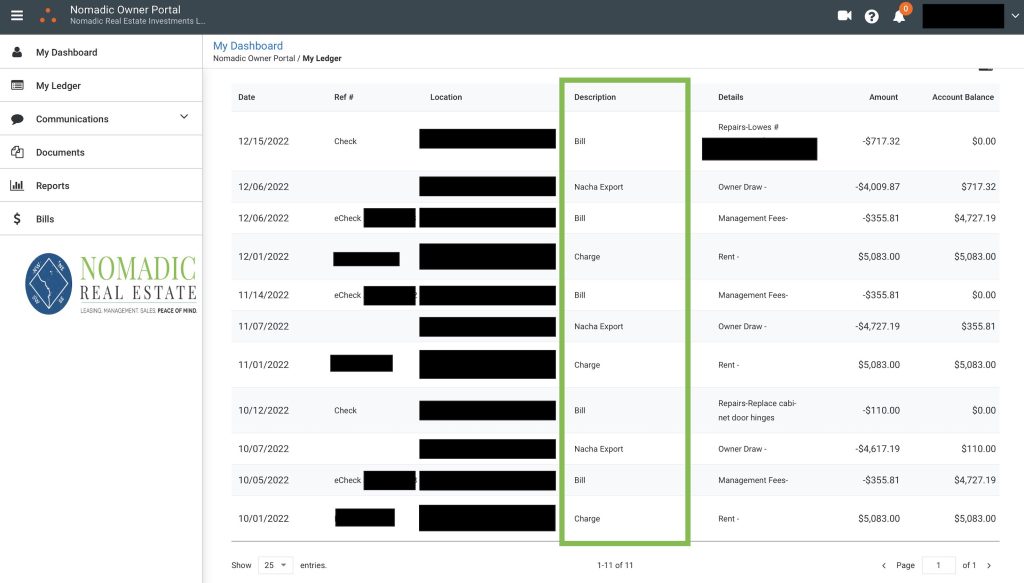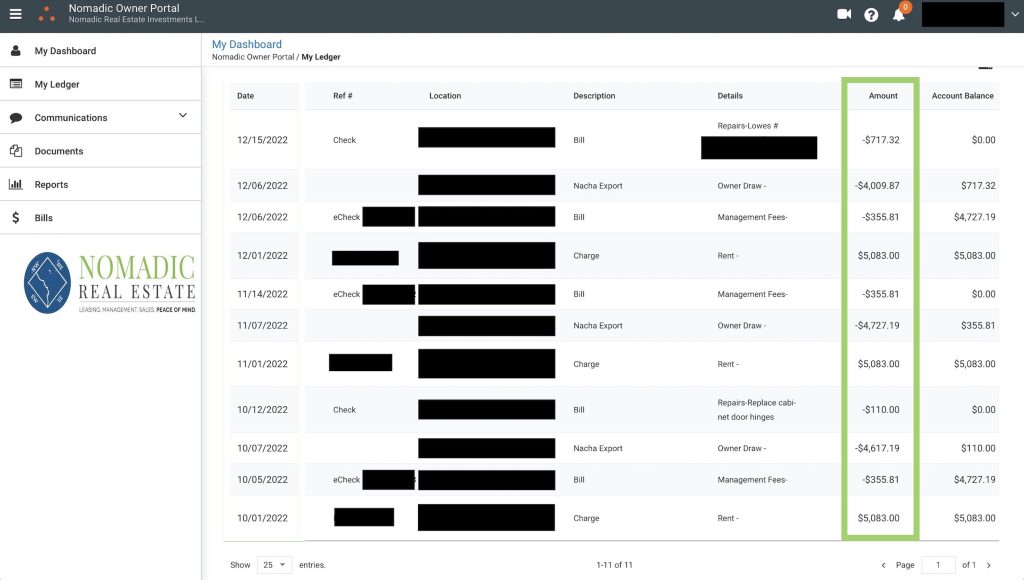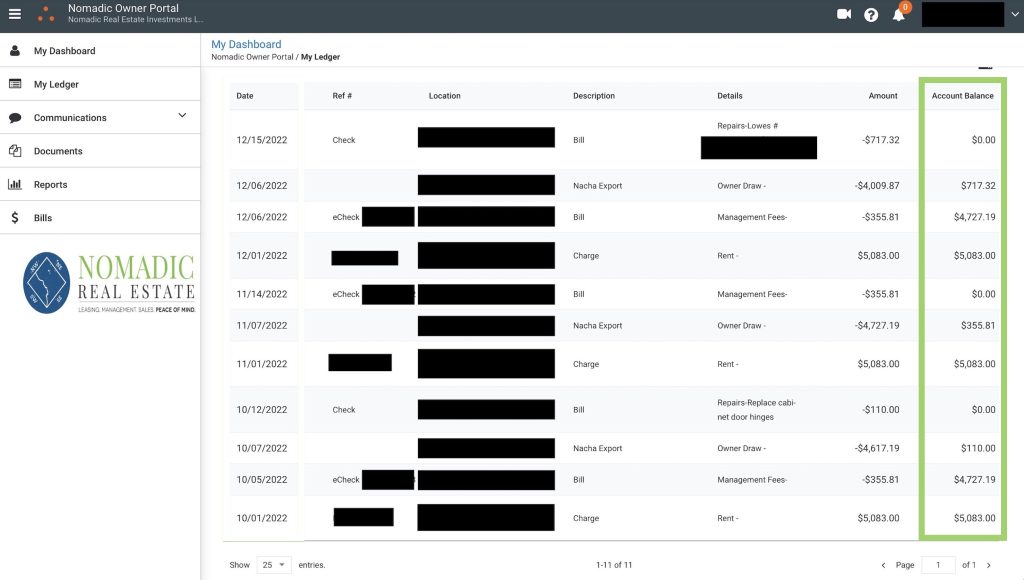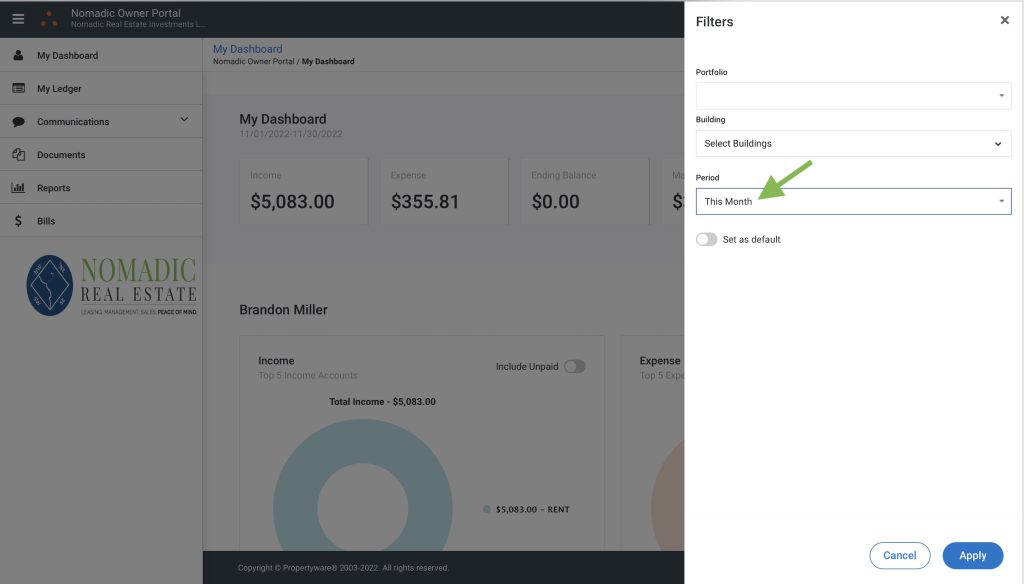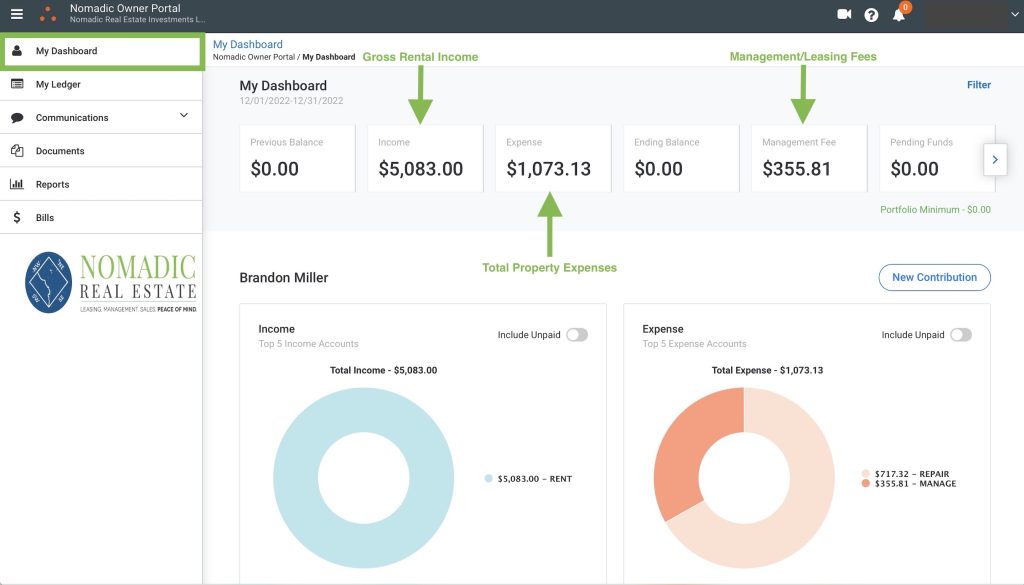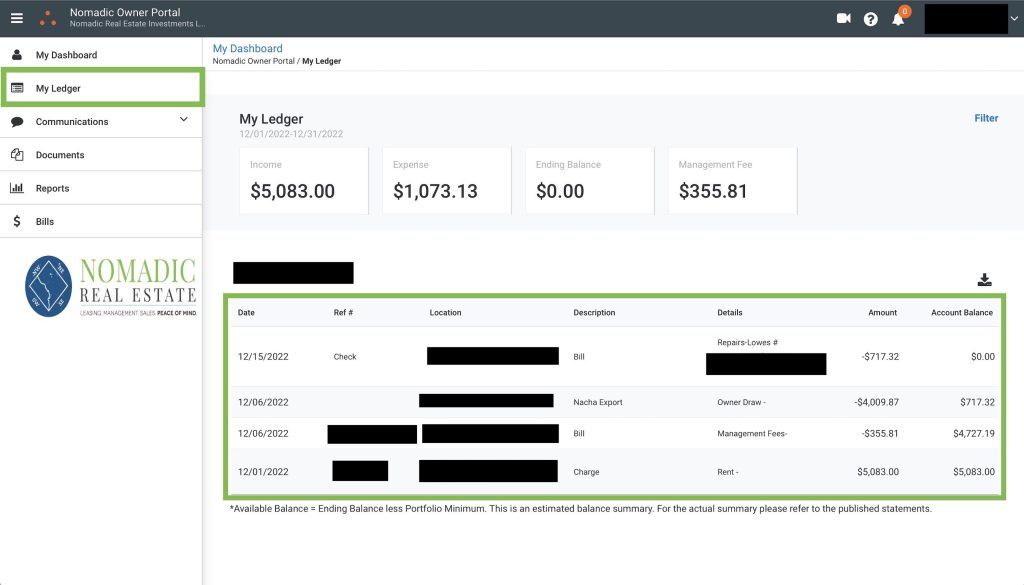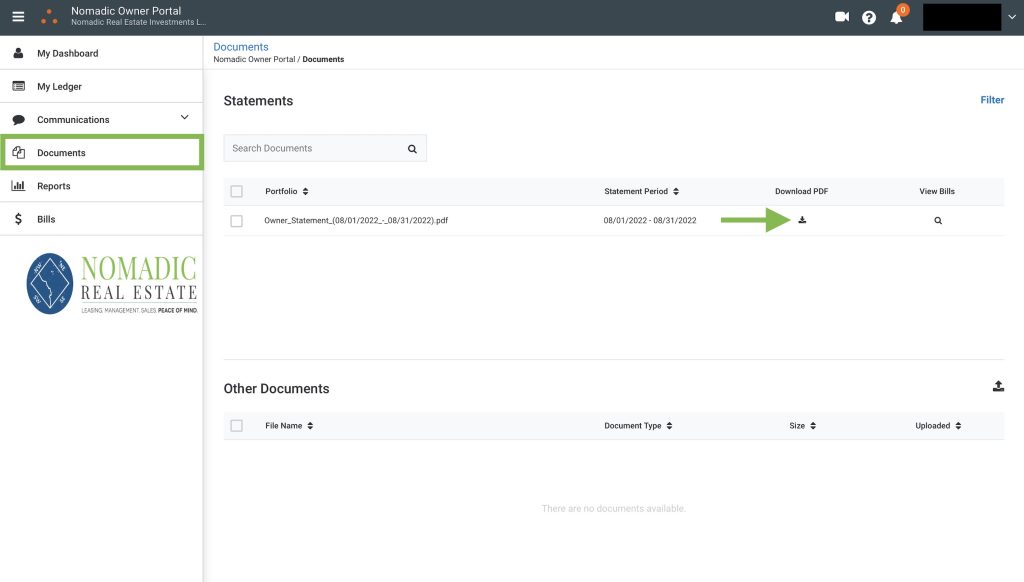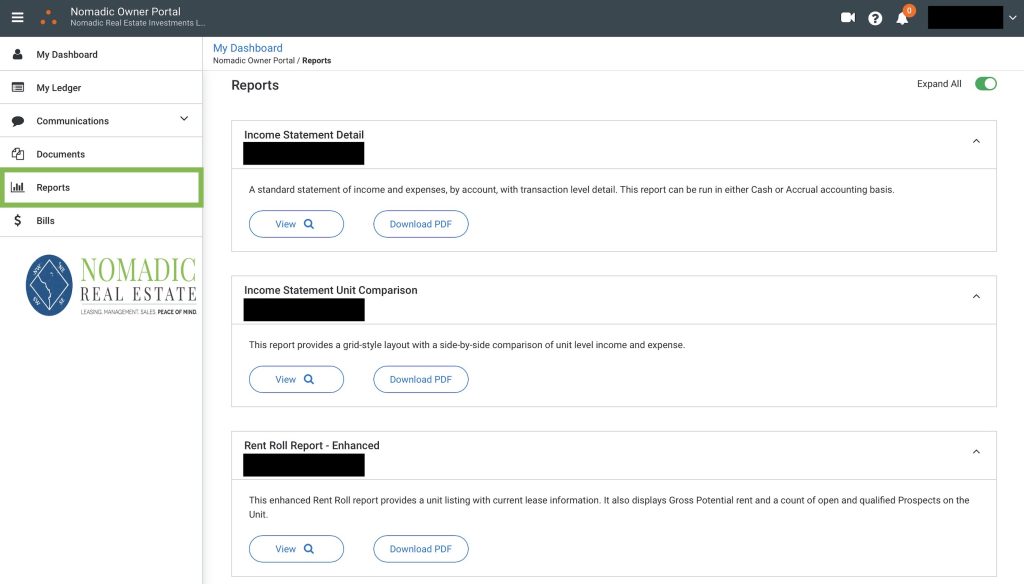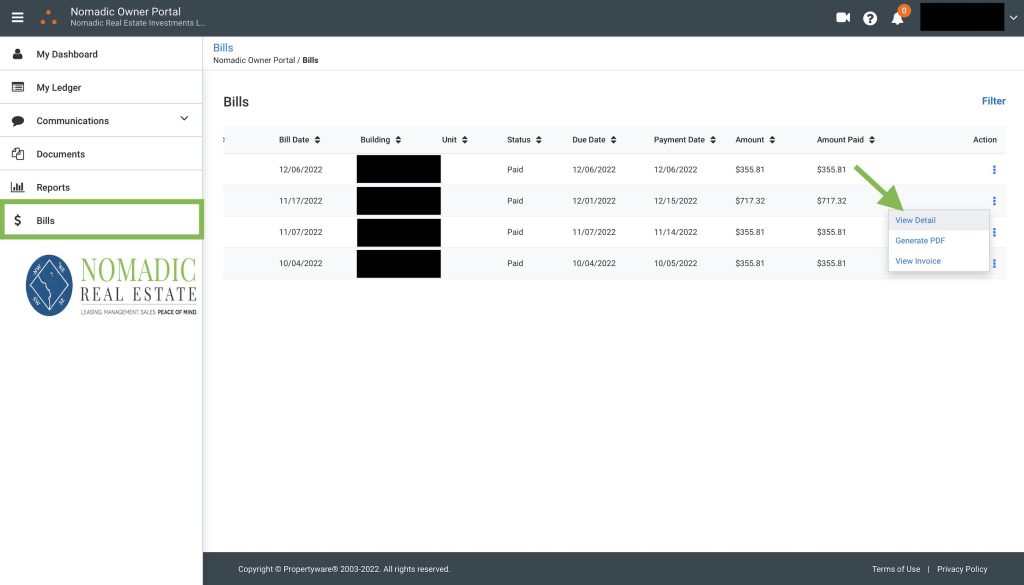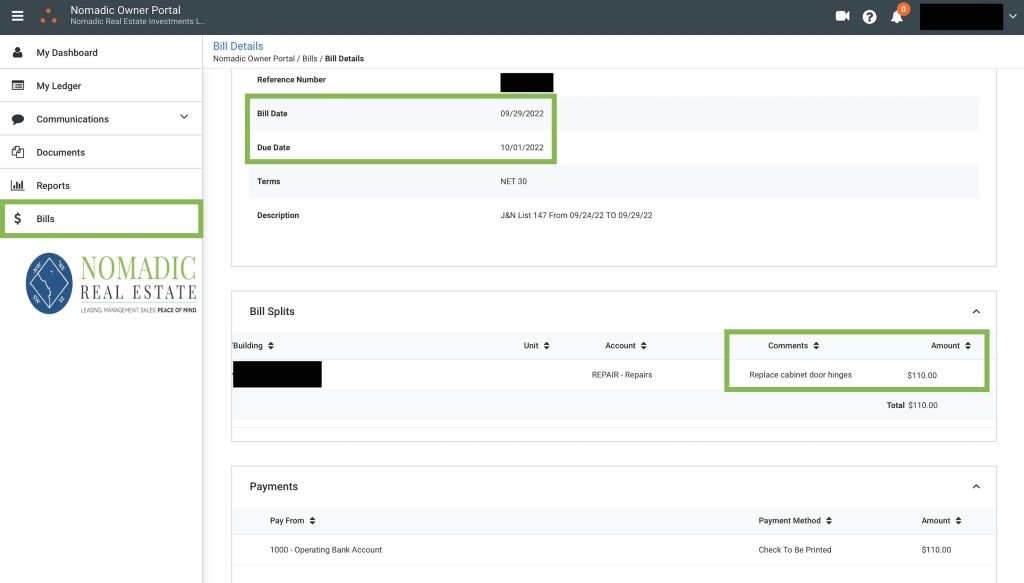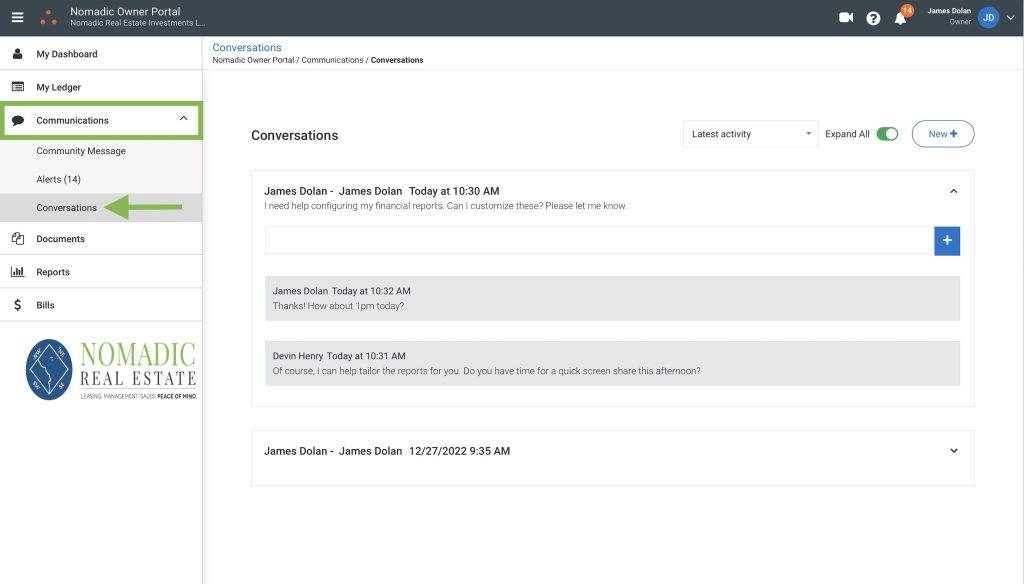These days, there are around three hundred thousand property managers in the USA. With so many available, hiring a property manager becomes a process that demands you ask the right questions and assess them with wisdom. So, do you know how to choose a property manager in Washington DC among all those available?
Below we offer some advice in the form of eight questions that you should ask the managers who you approach. By using these when interviewing a property manager, you will week out some of the worst, leaving you with the cream of the crop. Do not wait until after you hire them to find out their fundamental flaws.
1. Do You Have an Up-To-Date License I Can See?
One of the most important questions to ask a property manager during an interview is whether they have a license to work. While different states might have different rules on what kind of license people need, it is up to you to ensure that everything is up to date.
You might need to research this yourself, as property managers may not all be forthcoming or even educated on what they need. Investigate what a company would need in your region, and what the laws are, then ask for proof of licensing. There should be no reason for them to hold back if they have everything in order.
2. How Do You Handle Evictions?
Getting rid of current tenants is always a messy business. You should talk to the potential property manager about their eviction process so that you can discuss it with any possible tenant. The manager should be able to talk about it professionally and be sensible about their responsibilities in this regard.
Of course, you should be ensuring that the property manager collects payments from tenants first. Asking them about their process in this area first can also give you a good view of how they handle issues like missing payments.
3. How Do You Collect Rent?
While this system might seem obvious, with more recent advancements rent collection can be much smoother than it ever was. Automated online payment systems help tenants transfer their rent in a much more smooth way than it ever happened years ago.
Property managers who do not invest in these methods are likely to fall behind and tenants might end up missing payments. Often, this is not the tenant’s fault, so ensuring that this system is as smooth as possible helps everyone involved.
4. How Experienced Are You With Rental Properties?
Among the questions to ask a property manager before hiring, you should also be discovering how long they have been in the market.
You get benefits from both old and new companies. A new company will likely have more freedom to use modern technological conveniences and an up-to-date attitude to its role. Although they may still have a few bugs to work out in their processes.
At the same time, an older company will have many of those bugs worked out. They will also have a lot of experience handling the laws and bylaws of the area, and that is why they have survived as long as they have.
5. How Is Maintenance Handled?
What does a property manager do when there is a repair or maintenance issue in the property that they handle? Whose responsibility is it to take care of such things?
With some property managers, it is still the responsibility of the landlord to handle these issues. Others will handle it themselves and take any costs out of the profit that you might make. Depending on your own time and ability, either option might work well for you.
6. How Up-To-Date Are You With Current Trends?
Working in real estate changes decade upon decade. As such, any company you work with should show that they can keep up with the times.
They should have a strong knowledge of the state of the current market, including prices, availability, and other aspects. At the very least, they should have the ability to reach out to people in the local area and beyond to ensure that people fill your properties fast.
7. What Digital Tools Do You Use?
When wondering what to ask a property manager you should ensure that they use the latest advancements in real estate technology.
Any tech that they use should make the process of renting easier for both tenant and landlord. You should also ensure that you stay up-to-date on the systems that they use in case you need to use them moving forward.
A highly-modern property manager will have systems to reduce their workload. Usually, they will try to lower the amount of hands-on human interaction at every level of management.
8. What Is the Unique Benefit You Provide?
The best property manager should not only be professionals, but they should also be proud of their successes. Talk to the property manager you want to work with and ask what makes them better compared to their competitors. Use examples of other specific competitors if you are aware that others have better offers for you.
By making a property manager work to convince you of their worth, you might find a few secrets they rarely talk about. These might be some of their major benefits as well as areas where they plan to do better in the future.
Your Next Step: Hiring a Property Manager
Now that you know more about hiring a property manager, you might have realized that it is not a simple task. Instead of doing all this work, don’t you wish there was a simpler way?
Nomadic Real Estate is ready to take up yoke and work with you to handle your properties. They are a fully licensed and professional company that prides itself on its ability to handle any issues that might arise.
If you still have questions, their specialists are ready to talk to you about any issues that you might have. So, pick up the phone and talk today.



